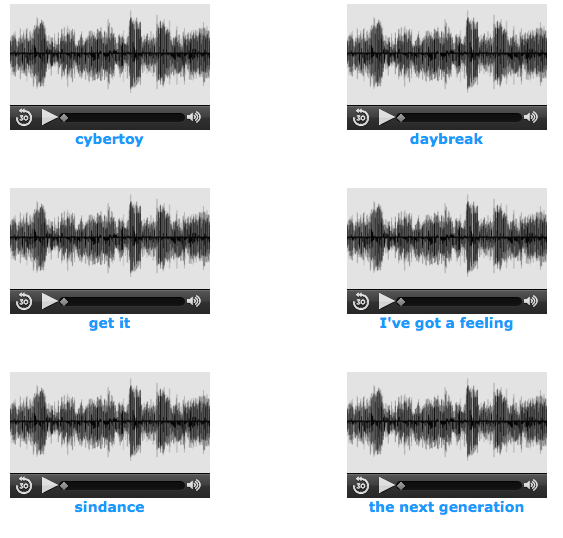Chosen background music
The music that we used at the start of the documentary for our introduction was all made on garageband by a music tech student. This allowed us to create the perfect retro game sounding song. We made the creator of the song use synth sounds because these sounds are very common within the famous and most popular game theme tunes.We also made the song very fast paced sounds and upbeat tempo that relates to the world of gaming.The result has ended up a great success and the music fits perfectly with our introduction and gives off the right impression for the documentary that we have made.
We based the music of theme tines from games such as Mario, sonic, crash bandicoot, space invaders, Tetris, packman and many more games with high pitched synth sounds that are highly common and well known within the game theme tune genre.
We were provided with pre-existing music that is already available on the college system, they varied from a large range of genres giving us a wide choice. We found this very helpful as different parts of our documentary would require different styles of music. However we made a decision to use the electric genre of the collection as it seemed to fit the pace of the documentary.
After briefly listening to many of the tracks in the folder, we were struggling to find a catchy tune that would work well alongside our footage. We eventually came accross "the next generation" which we all felt as a group was a very good song to use, we have placed it over some of our vox pops as it is light hearted and does not distract from the footage itself.











